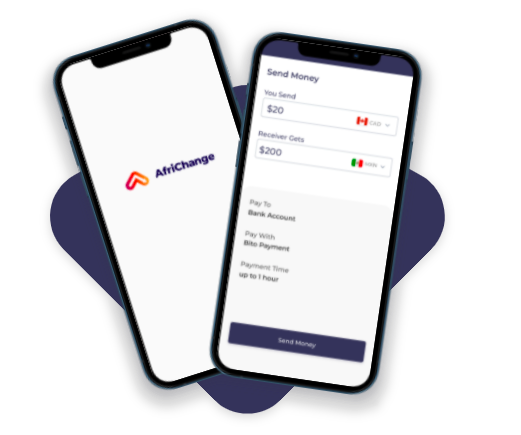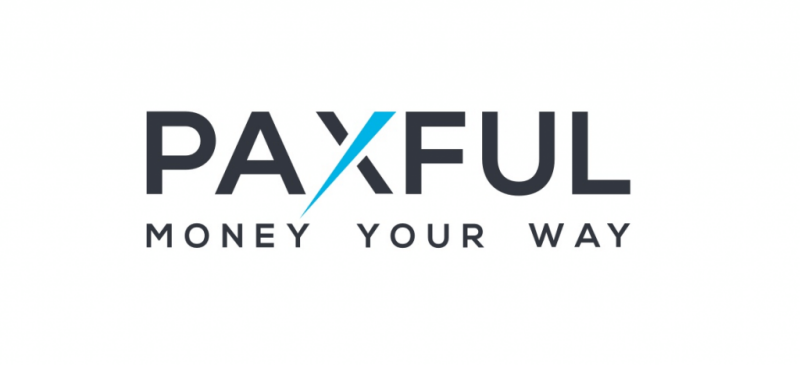In this week’s news roundup, learn about the new campaign on the Binance NFT marketplace and more.
African Artist to Launch NFT Collection on the Binance NFT Marketplace
African artist Osinachi is among the 100 creators that will feature their content on the upcoming Binance NFT marketplace. Osinachi has been making digital art for more than 14 years using Microsoft Word. Binance will launch the marketplace on June 24 with an inaugural 100 creators campaign. The campaign includes “local artists and creators from around the world.”
Helen Hai, Head of Binance NFT said: “The 100 Creators campaign was created to empower innovative but regional creators and introduce them to NFT collectors and enthusiasts around the world. We are very excited to work with these creators and hope to bring them to the mainstream of the industry.”
The Uganda National Museum will also participate in this campaign. The NFT collection from this museum will include digital artwork of the prehistoric pieces it protects.
Emmanuel Babalola, Director at Binance Africa, said: “We are especially excited to host African creators as we see the profound opportunity NFTs and the blockchain bring to the entire continent.
AfriChange Records 1000 New Users
 Recently launched crypto-powered remittance platform AfriChange has announced that it has acquired over 1,000 users and recorded over $1 million in transaction volumes in May.
Recently launched crypto-powered remittance platform AfriChange has announced that it has acquired over 1,000 users and recorded over $1 million in transaction volumes in May.
The platform allows users to send money from Canada to Nigeria. AfriChange is leveraging blockchain technology and a P2P exchange to offer this remittance service.
Due to the increased number of users, AfriChange announced there will be a temporary delay in processing times. Users could wait for the platform to process their transactions for up to two to three hours.
The remittance company said it is working with its payment partners to boost transaction speed and efficiency.
Luno Hits 8 Million Customer Milestone
Luno has reached the eight million customer milestone in just twelve weeks indicating rapid growth. In April, the crypto exchange announced that it had acquired seven million customers in just seven weeks.
Luno’s largest customer base is in Africa. According to the exchange, African users grew from four million in December 2020 to 5 .1 million in May 2021. In May, Luno recorded $7 billion in trading volumes in Africa. Also, app installs have skyrocketed by 271 percent since January 2020.
Marius Reitz, Luno’s General Manager for Africa, stated: “Across Africa, we are witnessing a huge wave of retail investors step into the crypto market for the first time. [This could be because of the] easier access or the lower minimums required to purchase crypto. Our research last year found 54 percent of Africans are ready to adopt a global digital currency compared to 41 percent in Asia and 35 percent in Europe.”
Paxful Introduces Paxful Pay for Merchants
 Merchants from around the world can now register to “add Paxful Pay as a purchase option to their online checkout process.” The e-commerce solution will allow businesses to accept bitcoin as payment. On the other hand, customers can pay with about 400 payment methods exchanging into BTC. Merchants will then receive this bitcoin in their wallets as payment.
Merchants from around the world can now register to “add Paxful Pay as a purchase option to their online checkout process.” The e-commerce solution will allow businesses to accept bitcoin as payment. On the other hand, customers can pay with about 400 payment methods exchanging into BTC. Merchants will then receive this bitcoin in their wallets as payment.
More than 100 merchants have joined Paxful Pay. The company plans on adding other digital currencies in the future. Moreover, Paxful is set to roll out automatic conversion into stablecoins like USDT.
“We are thrilled to bring Paxful Pay to our global community. There is a clear need to offer local options for bitcoin and this product is a culmination of our efforts to deliver on that demand. By offering users the ability to complete purchases using almost 400 payment methods, they will now have an even stronger financial solution at their fingertips,” said Artur Schaback, COO and co-founder of Paxful.
Bank of Ghana Set to Pilot Digital Currency
According to local reports, the Bank of Ghana is set to pilot a digital currency to determine its feasibility before it starts circulating. The governor of the bank, Dr. Ernest Addiso, said the creation of the e-cedi is at an advanced stage. The team is now moving to the implementation phase.
“The Bank of Ghana was one of the first African Central Banks to declare that we were working on a digital currency looking at the concept of an e-cedi. After the implementation phase, we have a pilot phase where a few people would be able to use the digital cedi on mobile applications. From that pilot, we will be able to determine whether this is feasible,” he said.
To learn more about Bitcoin, download the Bitcoin Beginner’s Handbook for free.


 News1 year ago
News1 year ago
 News2 years ago
News2 years ago
 News3 years ago
News3 years ago
 News2 years ago
News2 years ago
 News2 years ago
News2 years ago
 Sponsored Posts3 years ago
Sponsored Posts3 years ago
 News2 years ago
News2 years ago
 News2 years ago
News2 years ago

 Recently launched crypto-powered remittance platform
Recently launched crypto-powered remittance platform  Merchants from around the world can now register to “add Paxful Pay as a purchase option to their online checkout process.” The e-commerce solution will allow businesses to accept bitcoin as payment. On the other hand, customers can pay with about 400 payment methods exchanging into BTC. Merchants will then receive this bitcoin in their wallets as payment.
Merchants from around the world can now register to “add Paxful Pay as a purchase option to their online checkout process.” The e-commerce solution will allow businesses to accept bitcoin as payment. On the other hand, customers can pay with about 400 payment methods exchanging into BTC. Merchants will then receive this bitcoin in their wallets as payment.















 Central African Republic (CAR) has set up a 15-member committee that will be responsible for developing a bill on the use of cryptocurrencies and tokenization in the region.
Central African Republic (CAR) has set up a 15-member committee that will be responsible for developing a bill on the use of cryptocurrencies and tokenization in the region.







